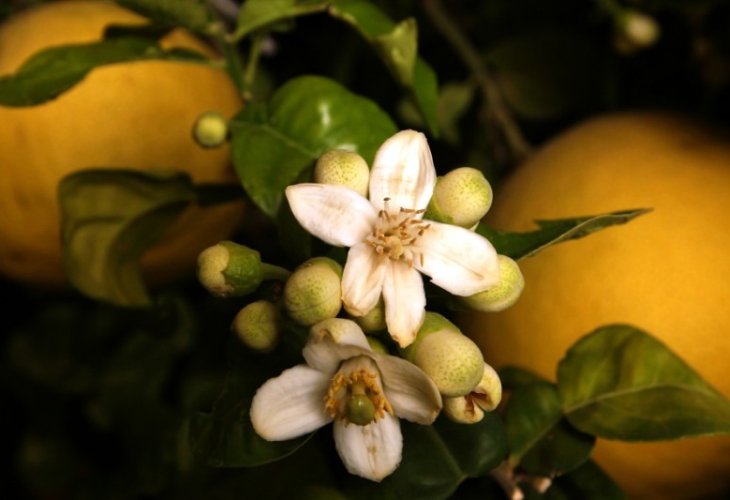Guide to Shemita: Sowing
A concise guide to agricultural restrictions during the Shemita year, covering various types of seeds and planting regulations

It is forbidden to sow during the Shemita year, and this prohibition applies to all types of seeds, such as: legume seeds, vegetable seeds, fruit seeds, grain seeds, tree seeds (fruit trees, ornamental trees, and non-fruit bearing trees), flower seeds (for beauty or medicine).
It is forbidden to sow even at the end of the Shemita year, even if the seeds will take root in the eighth year.
Some say it is forbidden to sow even a single grain of wheat, while others disagree and prohibit only when the amount reaches the size of a dried fig (approximately twenty grams).
One should not sow even if the person only wants to test whether their seeds are good. Similarly, a person who wishes to learn the craft of sowing is forbidden to sow.
A person who transgressed and sowed or planted during the Shemita year, whether unintentionally or intentionally, must uproot what was planted. This rule applies to fruit trees, vegetables, and non-fruit bearing trees.
The prohibition against sowing during Shemita specifically applies to land under the open sky, whether it's regular ground or soil in a perforated pot (a pot with holes in its bottom) or even in a non-perforated pot (a pot without any holes at the bottom), if they are under the open sky, the laws of Shemita apply to them.
It is forbidden to sow during Shemita by hand or by machine (such as a tractor or similar), or even by an animal.
A person who finished eating a fruit and wants to throw the seed into the garden, this is permitted even if there is a chance that the seed will take root in the garden. As long as the person has no intention to sow, it is permitted.
It is forbidden to cover seeds that were lying on the ground, as this action is considered sowing.
Roots of a tree that were exposed during the Shemita year may not be covered with soil. However, if not covering the branches would harm the tree, it is permitted to cover them (this rule will be explained later regarding actions that are permitted to save a tree - according to the principles that will be explained later).
For a person who sowed before the Shemita year and the seeds took root during Shemita, meaning that the seeds sprouted roots during Shemita, there is a dispute whether this is forbidden or permitted. Therefore, it is appropriate to sow early before the Shemita year so that the seeds will also take root before the start of the Shemita year, and for any question, one can consult with a Torah scholar.
If forbidden work was done on a tree during Shemita, nevertheless the fruits are permitted to be eaten.

